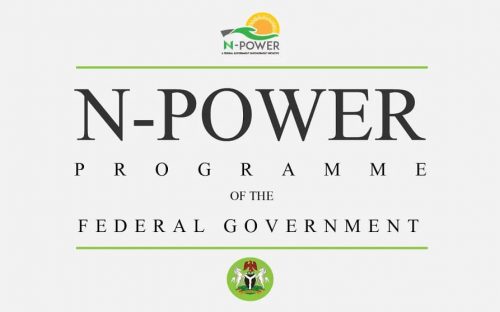Moody affirms 9 banks long-term deposit ratings to negative

Moody’s Investors Service has affirmed outlook on nine Nigerian banks’ long-term deposit ratings to negative from stable.

The global rating agency on Monday affirmed B2 long-term local currency deposit ratings to negative on Access Bank Plc, Zenith Bank Plc, First Bank of Nigeria Limited, United Bank for Africa Plc, Guaranty Trust Bank Plc, Union Bank of Nigeria plc, Fidelity Bank plc, FCMB (First City Monument Bank) Limited and Sterling Bank Plc.
The rating action follows Moody’s decision to affirm the Nigeria government’s long-term issuer ratings of B2 and change its outlook to negative from stable on December 04, 2019.
According to the report, “The affirmation of the ratings reflects the banks’ financial profiles which have been generally resilient to the difficult operating the environment in Nigeria. On average, the Nigerian banks benefit from good pre-provision profitability and capital positions; asset quality and foreign currency funding positions have improved over recent quarters, following the recession in 2016.
“The change of outlook to negative from stable reflects the Nigerian banks’ sizeable exposure to the sovereign debt securities and loans, averaging at 244per cent of the rated banks’ capital bases as of June 2019, which links their credit profiles to that of the government.”
The rating agency also expected the banking sector to be challenged in maintaining the recent improving trend, particularly as regards asset quality, given the increasing bank lending in Nigeria’s weak operating environment.
On affirmation of banks’ ratings, Moody in its report said “expectation that Nigerian banks’ profitability will remain resilient and the capital metrics stable over the next 12-18 months, with tangible common equity as a percentage of Moody’s-adjusted risk-weighted assets at about 16 per cent in the next 12 months. Recent selective lending by banks has reduced the formation of new nonperforming loans (NPLs), which lessens the need for loan loss provisions and limits the erosion of profitability.
“System wide NPLs declined by 51per cent to N1.1 trillion as at 30 September 2019 from N2.2 trillion as at 30 September 2018, driven by a large decline in NPLs in the oil and gas sector.
“As result, the NPL ratio declined to 6.7 per cent as of 30 September 2019 compared to 14.2 per cent as at 30 September 2018. In addition, Nigerian banks are containing their operating cost as they migrate their clients to digital platforms and save on branch expansion.
“The banks’ foreign currency funding has also improved as banks cut back foreign-currency lending while building up foreign-currency deposits.
Negative outlook reflects sovereign outlook, the report said banks’ rating is primarily driven by the negative outlook on Nigeria’s government issuer rating given the banks’ large holdings of Nigerian government securities which they hold for liquidity and investment purposes.
“The large stock of government securities and loans links the banks’ credit profiles to that of the government. The rated banks’ overall sovereign debt securities and loans exposure averaged 244 per cent of their tangible capital bases as of June 2019. In view of the correlation between the sovereign and bank credit risk, the banks’ standalone credit profiles and ratings are inevitably constrained by the rating of the government.
“The rating agency also expects the banking sector to be challenged in maintaining the recent improving trend, particularly as regards asset quality, given the rising bank lending in Nigeria’s weak operating environment.
“The rating agency expects GDP growth of just over two per cent over the next few years, which will remain insufficient to create significant-good quality lending opportunities for banks and it will unlikely improve borrowers’ credit strength.
“Moody’s does not have any particular governance concern for the rated Nigerian banks, although the rating agency believes that their relatively high asset risks reflects banks’ moderate risk governance culture.
“In terms of environmental considerations, Nigerian banks’ high exposure to the oil and gas industry at about 28 per cent of total loans as of October 2019 is an environmental risk that requires close monitoring, particularly as the transition to a low carbon economy accelerates.”








